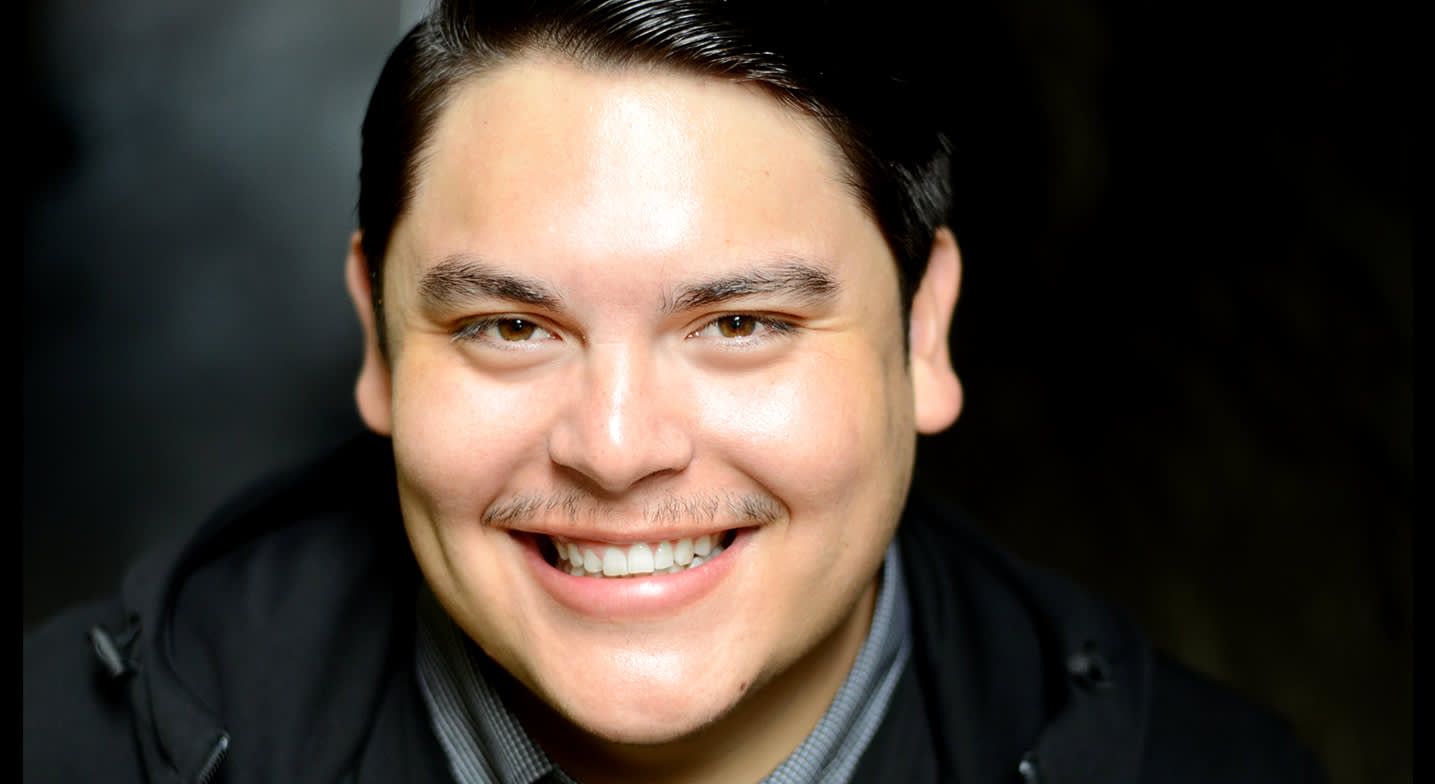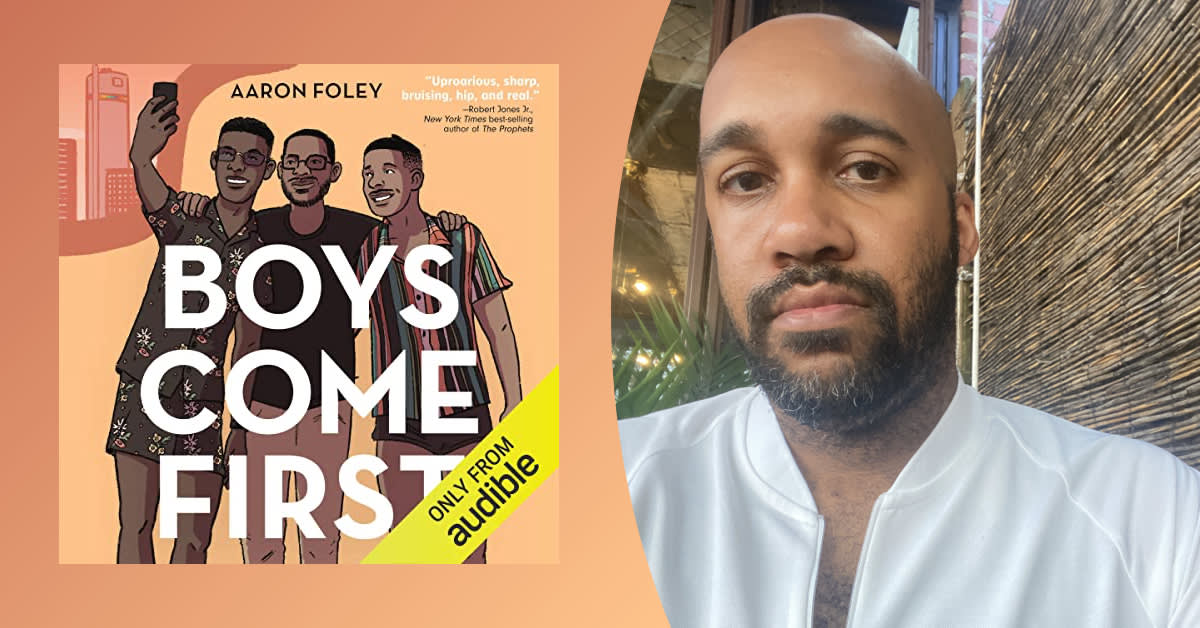After a nine-hour weather delay, my plane finally touches the ground. Only small planes fly this far Southwest in our little corner of nowhere, so delays should be expected when a little bit of rain and thunder is involved.
It's about 1:30 a.m. but it feels a lot later somehow. The bags under my eyes are full of sand as the mountains outside embrace me like an old friend. As I debark the plane, the smell of rain in the desert finds home in my nostrils. The plane was full of people I've spent the majority of my life around - viejitas with their rosarios clung tightly between their fingers. The men next to them with taut brown skin like reptiles on boots of labor workers who look a lot like my father.
I check my watch again:
1:32 a.m.
August 9, 2019
El Paso, TX.
I am home.
And just a week prior, a 21-year old white supremacist drove 659 miles, 9 hours and 8 minutes, to stop at a Walmart in my beloved border city where he would ultimately kill 22 people, injuring twice as many, leaving behind him a manifesto that detailed his "intention to kill as many Mexicans as humanly possible."
When I think about what it's like to live and grow up along the U.S./Mexican border, I think a lot about the collision of ideas and sensations. Of trauma colliding with healing. Of starvation colliding with nourishment. Of pain colliding with strength.
My mom is the manager of a Walmart in El Paso. Not the Walmart that was attacked, but the manager of a Walmart in a city where Walmart employees operate like a family in their home away from home. And the residual effects of a violence of this magnitude touch beyond the place it occurred. It exists like an aftershock from an earthquake, hitting thousands of miles and hundreds of years, backwards and forwards in time, conjuring ghosts and displacing spirits.
I feel this shakiness on the ground beneath my feet, even as I hop in my rental car and drive down I-10 from the airport towards my childhood home in the Lower Valley. Passing this Walmart from the freeway brings a sense of uneasiness. A sensation like wanting to throw up violently and cry like a baby all at once. There are still police cars barricading the exits to this Walmart, and signs that read "El Paso Strong" are visible on every business marquee I can see.
I feel like I'm in a movie. Even as I talk to my mom, hug her, hold her, knowing she is okay. Even as I go to the memorial with my father, my arm around him as we both weep for those lost. It never quite feels real. I'll learn later in therapy that this feeling is called "shock." And the residual effects of this trauma carry on and on and on.
I'll never understand why it took them four days to remove the bodies from the store. I'm sure it has something to do with the fact that the El Paso Police Department has never had to process so many murders at one time; the average yearly homicide rate in El Paso is 24, whereas this mass shooter did the same amount of damage in one day.
The memorial is now flocked with 200 to 300 people behind this Walmart. I'll ask why the doors to the back of the store are open, and I'll learn it's because of the smell. The smell of blood. The smell of burnt metal from the gun. The smell of food rotting, as maintenance won't be allowed in the store for another few days or so. And I'll watch the world around me continue on, business as usual. Which is probably the most painful part.
The days, weeks, and months that follow feel like a blur. A painfully familiarity - violence on the border; this is not the first of its kind nor will it be the last unless drastic measures are taken to dismantle the idea that borders should exist at all. Because as Gloria Anzaldúa once said, "We didn't cross the border. The border crossed us." A violence comes from that. And it lingers. And it repeats.
The communities of women who were brave enough to share their stories with a then-frightened but curious twenty-year-old have become a core presence in my work as an artist and activist.
But the border and its people aren't just violence and trauma, though that very much informs how we exist in the world. We are also informed by our resilience. Resistance. Reclamation. An existence largely defined by family and community, nourished by the best Mexican food you'll ever eat, and sustained by an ancestral oral history. When I think about what it's like to live and grow up along the U.S./Mexican border, I think a lot about the collision of ideas and sensations. Of trauma colliding with healing. Of starvation colliding with nourishment. Of pain colliding with strength.
The Audible release of my play The Way She Spoke coincides with the two-month anniversary of the largest intentional targeted mass killing of Latinx people this country has ever seen. And it's a mile marker for me, as a writer, in that it will be one of the first pieces of writing my family back home on the border will ever have access to; financial and regional obstacles often prevent many of them from attending my shows in Chicago, New York, and other regional theaters where audience members like my family aren't inherently welcomed.
The Way She Spoke is one of two sister-plays I have written centered on the missing and murdered women of my sister city, Juárez, Mexico. It is based on interviews I collected back in 2012, and the communities of women who were brave enough to share their stories with a then-frightened but curious twenty-year-old have become a core presence in my work as an artist and activist. I made a promise to get their stories out to as many ears as humanly possible, and I intend to keep that promise.
The Way She Spoke is a play within a play. A Mexican/Mexican American actress is at the center of the play's core narrative. It plays with form and structure and breaks convention of how we know one-person plays to exist. It asks us to consider what is at the core of trauma and violence around these women, and what role artists play when creating art that is rooted in gender-based violence.
And I love it.
I love that it's relentless, like my hometown, like the women I interviewed, like the women I know and love. I love that it's a conjuring, a ritual, an ofrenda. For the women in my life, the women in this world (physically and spiritually), and the women that live fervently within me. And it's my love letter to the border. My big little corner of nowhere. A place where up until this year, many had never heard of.




